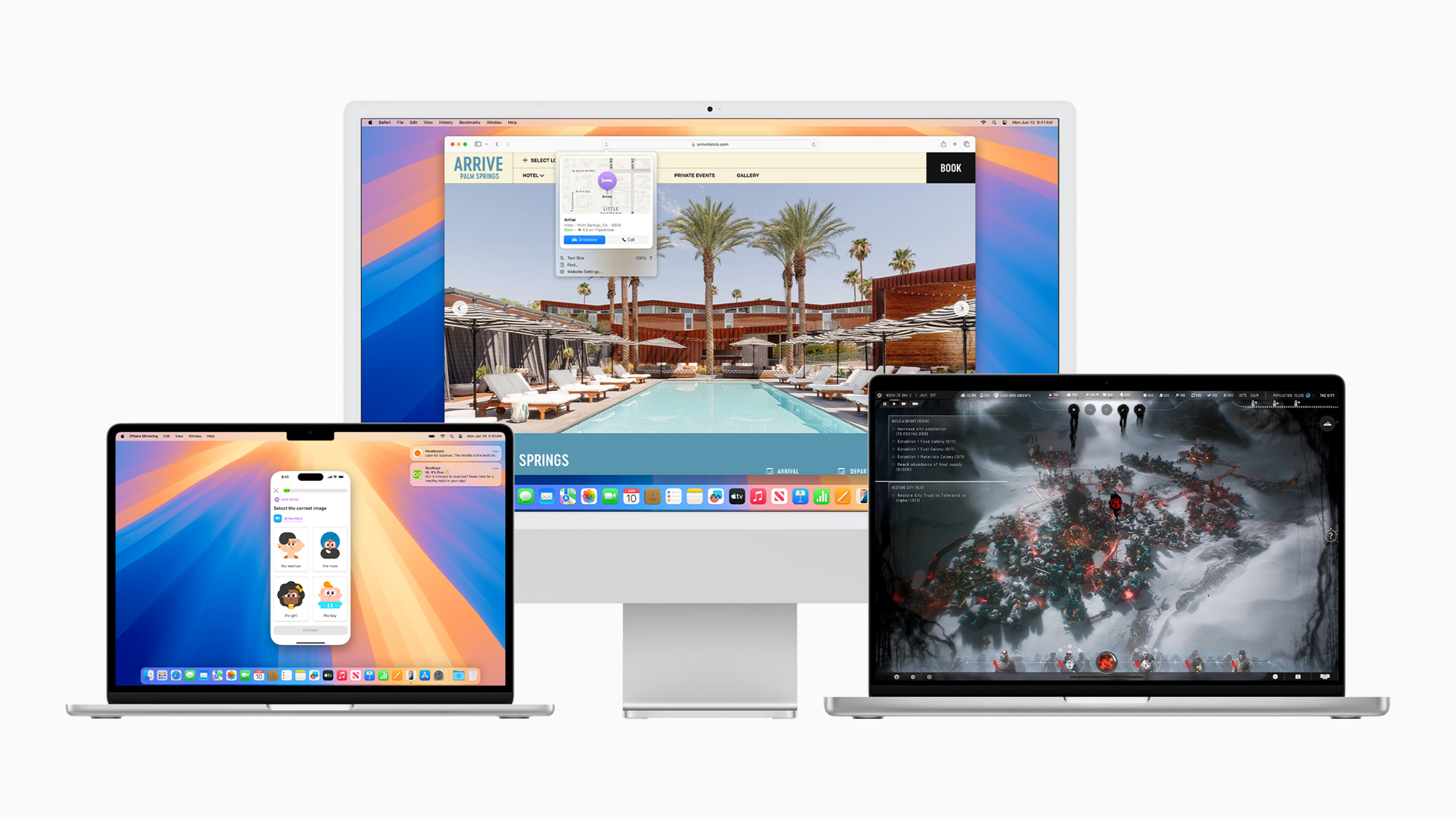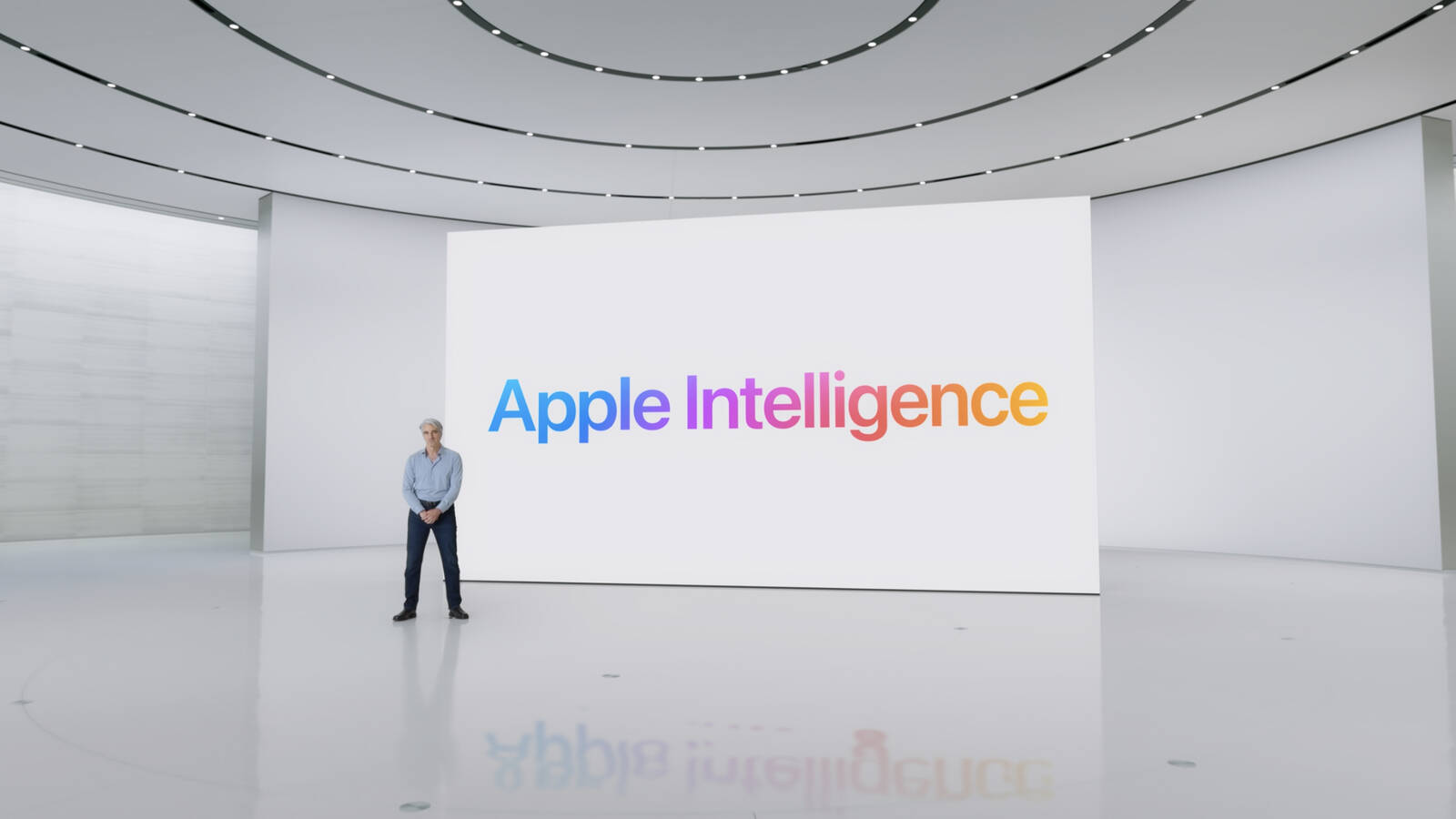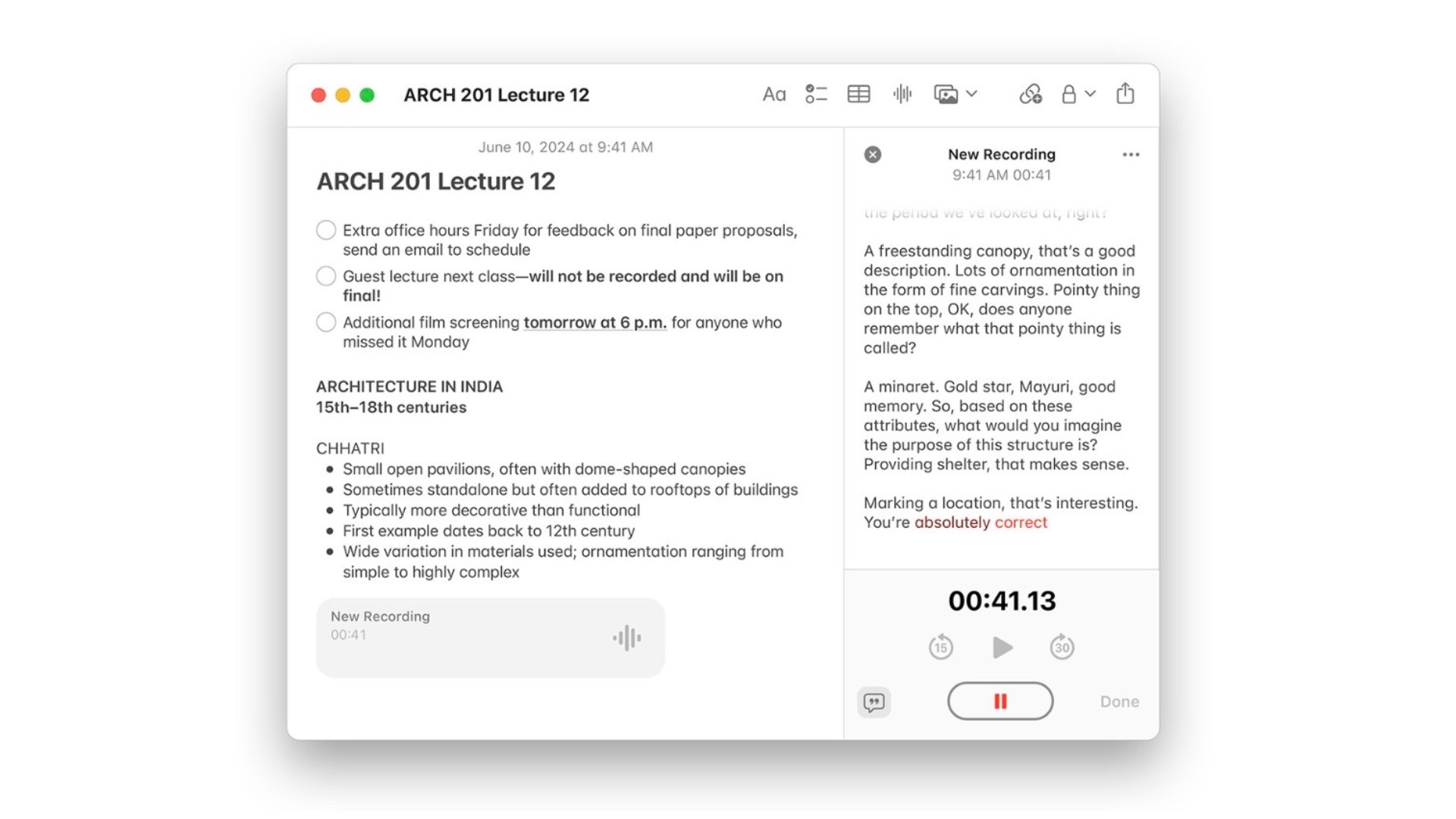![]()
When Apple released macOS Monterey in 2021, some key features required a Mac with Apple silicon. The same scenario played out with macOS Ventura in 2022, and then again the following year with the release of macOS Sonoma. With macOS Sequoia set to arrive in the fall, which new features can Intel Mac owners expect to be unavailable to them this time around?
Apple says that macOS Sequoia is compatible with the same Macs as macOS Sonoma, but Apple's fine print reveals that certain new features won't work on Intel machines. If you're still on an Intel Mac, here's what you won't have access to.
Apple Intelligence
Apple Intelligence, a deeply integrated, personalized AI feature set for Apple devices that uses cutting-edge generative artificial intelligence to enhance the user experience, won't be available on Intel Macs. Apple says the advanced features require its M1 chip or later, so if your Mac was released before November 2020, you're out of luck.
Live Audio Transcription
Live audio transcription lets you record audio sessions within notes in Apple Notes, and generate live audio transcriptions that can be searched through or combined with other documents, checklists, or documents. According to Apple, support for live audio transcription in the Notes app is limited to machines powered by Apple silicon.
What Else?
Surprisingly, nothing! Apple is not withholding any other new features in macOS Sequoia, meaning users with supported Intel Macs will be able to enjoy things like the ability to schedule messages to send later, Reminder integration with Calendars, a new standalone Passwords app, window tiling, and more. Even Apple's latest continuity feature, iPhone Mirroring, works on Intel-based Mac computers that have a T2 Security Chip. For all the details, be sure to check out our
macOS 15 roundup.
On that note, let's review which Mac models that macOS Sequoia supports. As mentioned above, macOS 15 works with the same Macs as macOS Sonoma. They include:
- MacBook Air (2020 and later)
- MacBook Pro (2018 and later)
- iMac (2019 and later)
- Mac Mini (2018 and later)
- iMac Pro (2017 and later)
- Mac Pro (2019 and later)
- Mac Studio (2022 and later)
You can check your Mac's model by clicking the Apple in the menu bar and choosing About This Mac. macOS Sequoia is currently in developer beta, with a public beta expected later this month, before Apple's latest Mac software gets a general release in the fall.
Article Link:
Here Are the macOS Sequoia Features Intel Macs Won't Support





